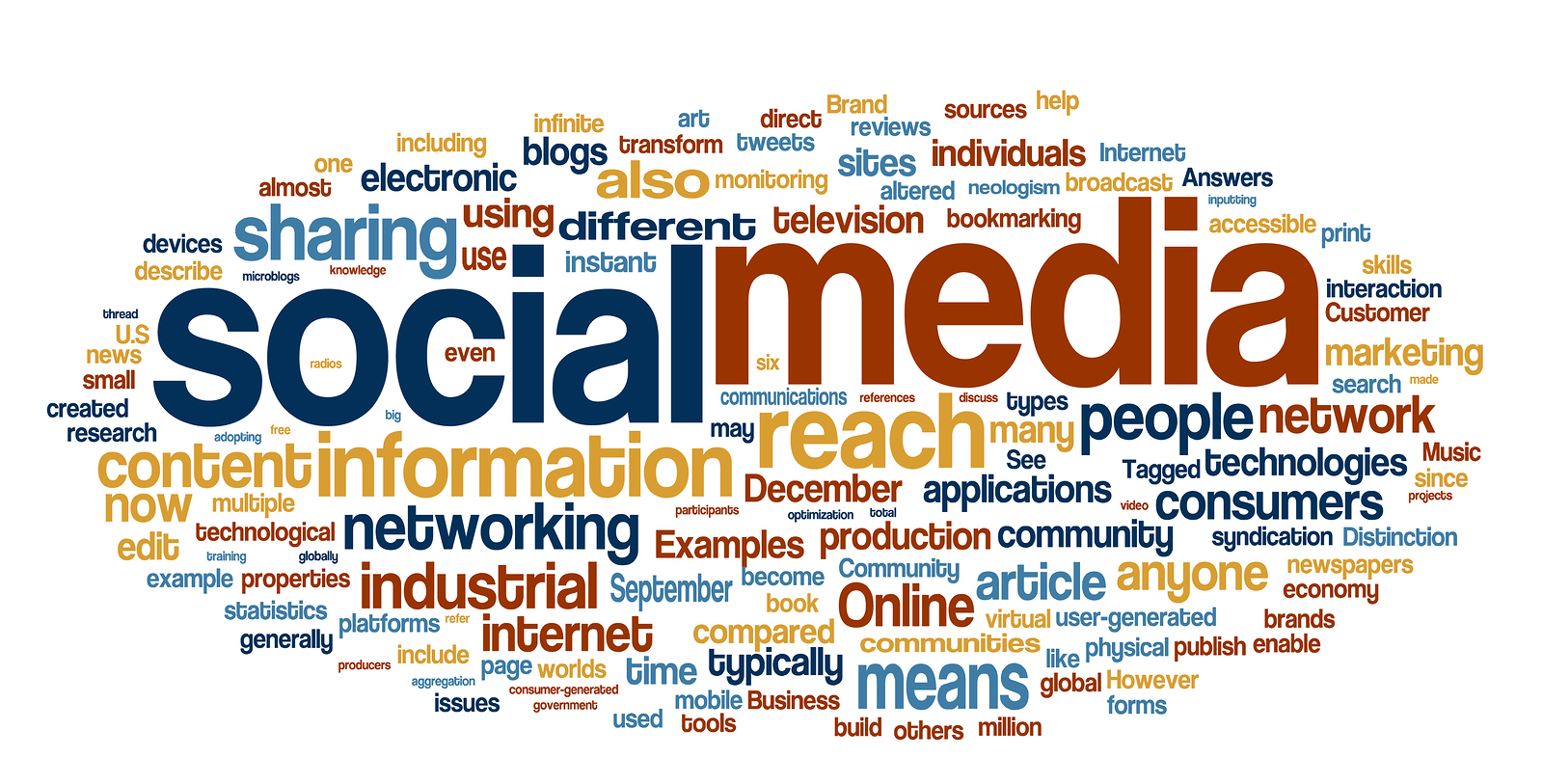 Is your organization using social media to screen applicants? If yes, you could be handling a ticking time bomb. It is all but certain that someday soon an employer will land in court being sued on allegations of discrimination or a violation of privacy for making use of a social networking site in the hiring process.
Is your organization using social media to screen applicants? If yes, you could be handling a ticking time bomb. It is all but certain that someday soon an employer will land in court being sued on allegations of discrimination or a violation of privacy for making use of a social networking site in the hiring process.
If you are using social media, are your managers consistent? If your firm is performing internet searches on a hit or miss basis, with no written policy or standard approach, an applicant that is subject to adverse action as a result of such a search can potentially claim to be a victim of discrimination.
Also problematic is that on social network sites, a recruiter may view photos, personal data, discussion of personal issues and political beliefs, behavior at parties, and other information that allows that recruiter to arrive at an inaccurate pre-conceived impression of the applicant. That fact is attested to by the authors of the article below.
And remember, if a website is searched by a consumer reporting agency on your behalf, then consent and certain disclosures is mandated under the federal Fair Credit Reporting Act (FCRA).
In addition, how do you know that the “name” you found is your applicant? You don’t. There are more than 300 million Americans today. That means most of us have “computer twins” (i.e. people with our names and even a similar date of birth).
Consult competent legal counsel to develop a written policy and fair, non-discriminatory procedures. For legal protection, employers should considering obtaining consent so that applicants are on notice that their web persona is fair game. Employers should not use any fake identities or engage in “pretexting” to gain access to information.
Social media screening leads to hiring discrimination
The study below indicates that there is discrimination occurring in the use of social media.
https://www.cmu.edu/news/stories/archives/2013/november/nov21_hiringdiscrimination.html
Carnegie Mellon Researchers Investigate How Information Shared Via Online Social Networks Can Lead to Hiring Discrimination. A large-scale field experiment conducted by Carnegie Mellon University researchers has found evidence that sharing personal information via online social networks can lead to hiring discrimination.
Alessandro Acquisti, associate professor of information technology and public policy at CMU’s H. John Heinz III College, and Christina Fong, senior research scientist at CMU’s Dietrich College of Humanities and Social Sciences, tested the impact that information posted on a popular social networking site by job candidates can have on employers’ hiring behavior. Their manuscript is available on the Social Science Research Network at http://papers.ssrn.com/sol3/papers.cfm?abstract_id=2031979 .
There have been no controlled experiments measuring the frequency of firms’ usage of online profiles in hiring decisions and how profile information actually affects those decisions.
Based on their research, Acquisti and Fong found robust evidence of discrimination among certain types of employers,” Fong said.
Acquisti and Fong used data revealed online by actual members of popular social networking and job-seeking sites to design job candidate resumes and online profiles for their experiments. They experimentally manipulated personal traits the candidates revealed online regarding religion and sexual orientation, while holding signs of professionalism and work ethic constant.
The researchers first used a survey experiment involving more than 1,000 online participants to capture reactions to the candidates’ resumes and online profiles, and to test whether or not the candidates’ profiles appeared realistic.
Then, in the field experiment, Acquisti and Fong submitted applications on behalf of the candidates to real job openings at more than 4,000 U.S. employers. They collected data that helped them get a sense of how many employers searched for job candidates online.
“Our survey and field experiments show statistically significant evidence of hiring bias originating from information candidates shared on their online profiles,” Fong said.
The researchers point out that, because the political leaning of states and counties in the field experiment cannot be randomly assigned, the results should be interpreted as correlational, not causal.
The findings suggest that, while hiring discrimination via Internet searches and social media does not seem widespread, the impact of revealing certain traits online can have a significant effect on the behavior of employers who look online for candidates’ personal information.
“Employers’ use of online social networking sites to research job candidates raises a variety of notable implications, since a vast number of job candidates reveal personal information on these sites that U.S. employers can’t ask in an interview or infer from a resume,” Acquisti said.
Alessandro Acquisti and Christina Fong say the findings suggest that, while hiring discrimination via Internet searches and social media does not seem widespread, the impact of revealing certain traits online can have a significant effect on the behavior of employers who look online for candidates’ personal information.


